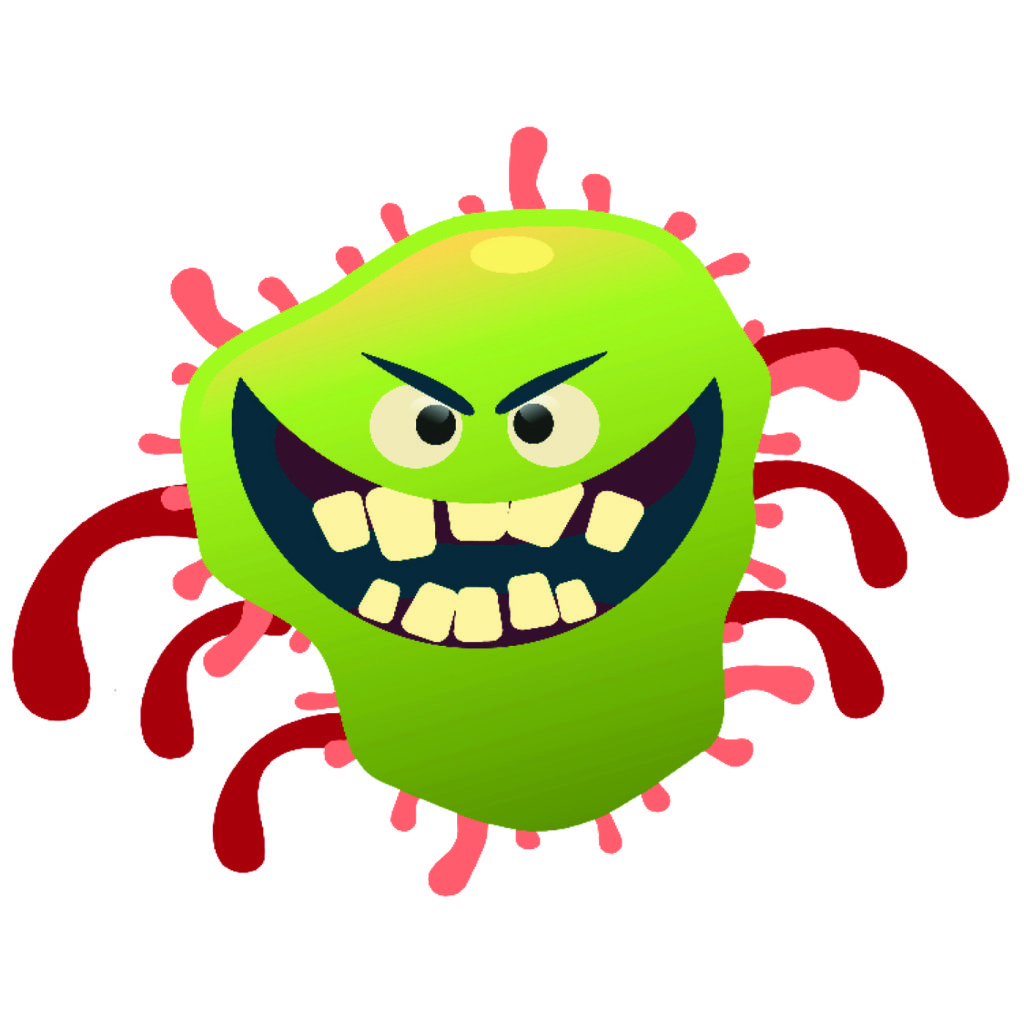Get A Flu Shot For Your Best Protection.
The Flu is Dangerous
Flu is a contagious respiratory illness caused by influenza viruses. It causes mild to severe illness. Flu can result in hospitalization or death. Older people, children and others with an immune system deficiency are high risk for serious complications. Even if you are not high risk, get the flu shot anyway. You could pass the virus to someone and make that person very ill.
Avoid Getting The Flu
Getting the flu can be a big problem, especially for seniors, 65 and older, whose immune system may be weaker due to age. Flu symptoms like fever or feverish feeling, cough, sore throat, runny or stuffy nose, muscle aches, fatigue and sometimes diarrhea and vomiting, make people miserable. The best way to avoid these is to get a flu shot…and get your flu shot early.
Flu Shots: Get A Flu Shot Early
The flu season is always unpredictable. But it generally starts in September and peaks during the months from October through February. One thing is sure. Get your flu shot to protect yourself from getting the flu. The Centers for Disease Control (CDC) recommends an annual influenza vaccination for everyone 6 months and older.
What’s In Your Flu Kit?
Tips to Avoid Getting or Giving The Flu
- Stay away from others who are sick, or if you’re sick, stay home for at least 24 hours after your fever is gone without the use of fever-reducing medicines.
- Wash hands often with soap and water, or an alcohol-based hand rub when soap and water is not available
- Cover coughs and sneezes
- Avoid touching your eyes, nose and mouth. Germs are spread this way.
- Wash eating utensils and towels/bed linens thoroughly
- Clean surfaces at home like doorknobs and light switches.
- But, the best way to prevent the spread of flu is to get the flu shot!
August is “Immunization Awareness” Month.
Talk with your healthcare professional to make sure you are up-to-date with vaccines recommended for you.
Shingles Vaccine
- There is a shingles vaccine for adults. If you are 60 years or older you should get a shingles vaccine to protect against getting this painful rash and avoid the long-term pain that may come with it.
- Shingles is a painful skin rash and blistering caused by the varicella zoster virus. If you’ve had chicken pox the zoster virus is “dormant” in your body. In some people it stays dormant forever. In others, the virus “wakes up” when disease, stress or aging weakens the immune system.
- Shingles usually appears as a band, a strip or small area of painful blisters on one side of the face or body. The blisters take about 2 to 4 weeks to heal.
Other vaccines you may need include:
- Pneumococcal vaccines to protect against serious pneumococcal diseases
- Tdap vaccine to protect against tetanus, diphtheria and pertussis (whooping cough)
For more information on vaccines go to www.cdc.gov/vaccines/adults








Comments are closed.